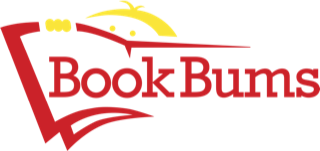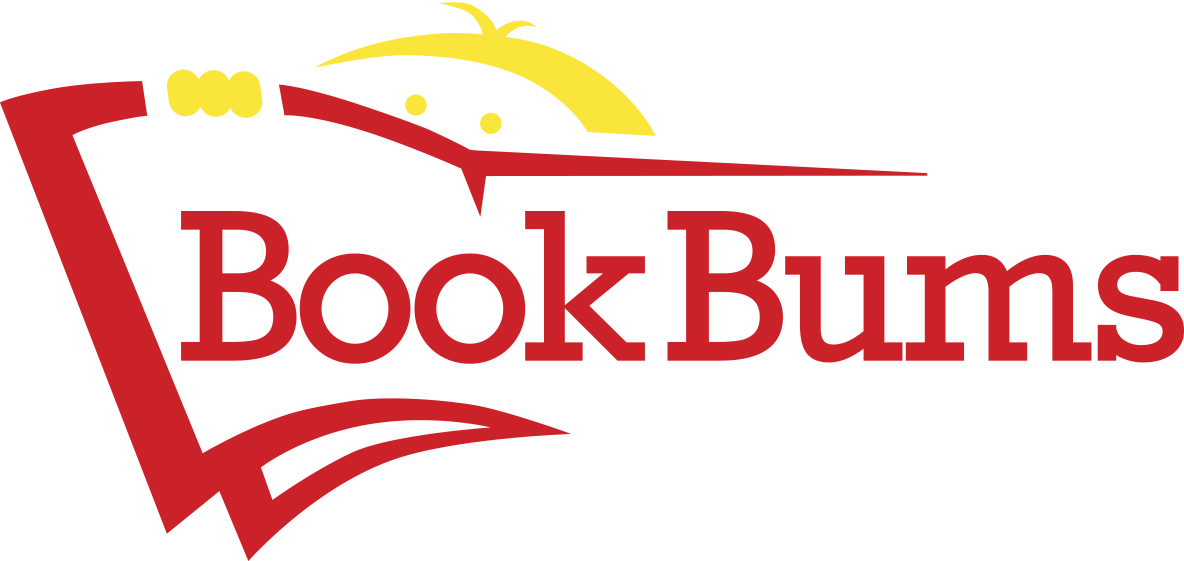
Hello Book Bums families!
In this week's newsletter we do some thinking about thinking, and Dr. Christy shares a book full of thinking skills for the twenty-first century. We also have ideas for creative ways to get your kiddos writing. As always, we learn about words and have fun with language. We're so glad you're here!
Bookbums.com is an Amazon Associate; We earn from qualifying purchases. This means that if you click on a link to Amazon.com and make a purchase, We may earn a small commission at no extra cost to you. We do recommend the products. Feel free to find them by other means.
Word of the Week
cohesive (co-hee-siv) adjective/describing word - describes something that sticks together literally or figuratively
She delivered a cohesive argument; all her points made sense together.
Literary Calendar
- April 15 is Rubber Eraser Day.
- An English engineer named Edward Nairne invented these helpful tools for undoing our mistakes in 1770.
- When Charles Goodyear discovered how to preserve rubber through vulcanization, rubber erasers became long-lasting.
- Before rubber erasers, writers would use materials like wax or sandstone to blot out or wipe away mistakes.
- Colorful, fun erasers for kids are a great reminder not to be afraid of mistakes.
From our Bookshelves
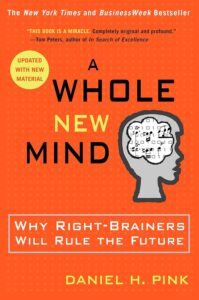
While visiting a local bookstore, I purchased the book A Whole New Mind: Why Right-Brainers Will Rule the Future by Daniel H. Pink.
Though I acknowledge that science reveals no evidence of true sidedness when it comes to the anatomical function of the brain, the notion of some people being more left-brained or right-brained is an often-used figure of speech.
It is said that “right-brainers” are the holistic thinkers, the creatives, artists, story tellers, and inventors who focus mostly on feelings, while “left-brainers” are the logical, linear thinkers who are mathematically minded; and they focus, primarily on facts. Do you identify as one or the other?
Here’s why it might be beneficial to be right-brained now when once left-brained were associated with “successful,” high-paying jobs.
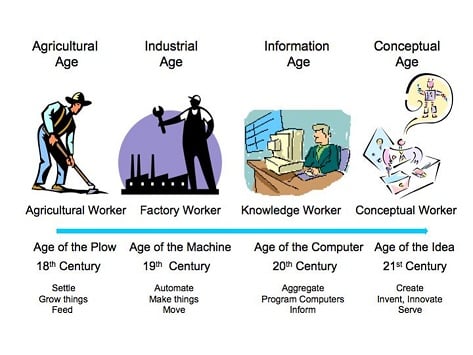
Consider how the American Industrial Age gave way to the Information Age. Where did industry go? In large part, when it could be codified and commodified, it was outsourced to other countries. Today, with the rise of automation and artificial intelligence, the information industry is largely being outsourced and Americans have been transitioning into the Conceptual Age. Pink posits that high-sense skills are now needed more than any time in history and that the following skills are essential today:
Design: The ability to create visually appealing and functional products and spaces. The design sense involves an understanding of aesthetics and an ability to think about how things look, feel, and function.
Story: The ability to use narrative to persuade and inspire others. It involves creating interesting stories and using them to share ideas and motivate people to act.
Symphony: The ability to bring together disparate elements into a cohesive whole. The symphony sense involves seeing the big picture and understanding how different pieces fit together to create a harmonious whole.
Empathy: is the ability to understand and connect with others on a deeper level. Empathy is about understanding and relating to other people’s feelings and points of view and using this knowledge to build strong relationships.
Play: The ability to find joy in one’s work and approach challenges with curiosity and experimentation. The play sense is about having fun and being playful, even when serious problems exist.
Meaning: The ability to find purpose and fulfilment in one’s work and life. The meaning sense involves connecting one’s work to a larger sense of purpose and finding meaning in what one does.
Do you have strengths in these skills that just might help to keep you engaged in 21st Century progress? If not, Pink shares ways to develop these “senses” in A Whole New Mind.
If you visit this webpage, you’ll find a discussion guide for the book. One guide is for folks in business and another one is for educators.
Tips for Families
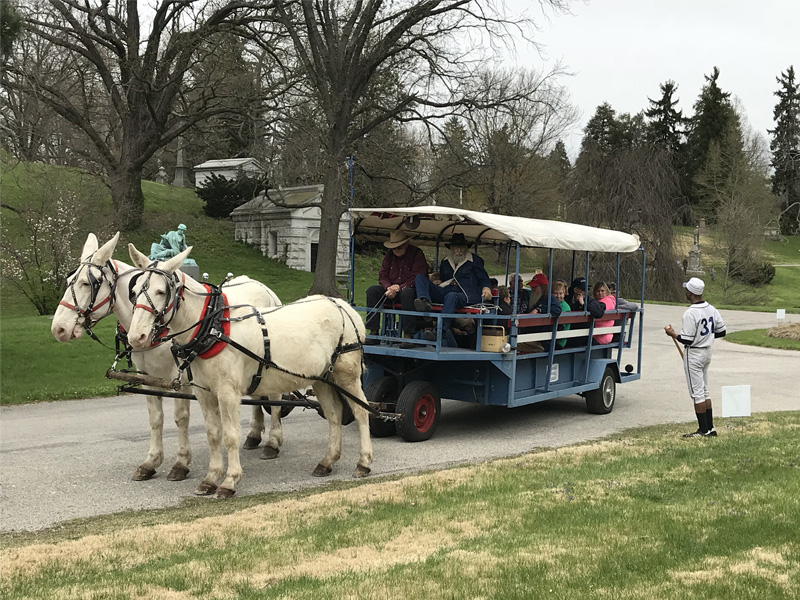
On April 21st, from 12-4, you can visit the Spring Grove Cemetery & Arboretum for a History in Bloom where they present a variety of tours to delight all interests and ages.
They’ll turn back time with horse-drawn carriage rides through the arboretum on a spring Sunday where you can see beautiful landscapes, art, architecture, and wildlife.
Walking tours are also available. They will be led by knowledgeable docents at noon, 1:30, and 3:00.
You don’t need to register. Just arrive and sign up at the information table at the main entrance (just before the railroad overpass at Spring Grove) on the day of the event. They remind you to dress appropriately for the weather as the events will be held rain or shine.
Tips for Readers and Writers
I found 7 Great Ways to Encourage You Child’s Writing by Amanda Morin on the Reading Rockets website and thought these would be wonderful ways families could encourage writing over the upcoming summer months. This may be something you print, tuck away in a Summer Ideas folder, and pull it out for rainy day activities.
Here’s the thing, when we invite young kids to write using activities like these, we cannot be off doing something else. If we want our children’s writing to improve, we must sit alongside them and offer coaching as they’re writing. At Book Bums, we “coach to correct.”
It’s frustrating for kids to write something, putting forth a lot of thought and effort, and then learn all that’s wrong with what they’ve worked so hard to create. To promote a great experience, share tips that help your kids to be successful. You might say things like, “Remember, all sentences begin with a capital letter,” and “Whoa, those two words are so close, your reader may think they’re one word. Can you make a bit more space between them?” and “You said that like it’s a question. What end mark do you need at the end of this sentence?” Also, provide lots of encouragement along the way. Marvel aloud at the great things your writer is doing
1. Write a “Convince Me” letter.
- Writing isn’t just about telling stories or reporting on books. There are many ways your child can use words, including trying to convince others to agree with her. You can help her practice this type of writing by letting her argue with you - in writing!
- Choose a topic you don’t agree on, such as allowance or bedtime. Have your child write you a letter trying to convince you to change your mind. The catch? She has to use facts, quotes, and logic to back up her argument.
2. Play a game with pictures.
- Photos and images are great story sparkers. Do a web search and find a few interesting images, or cut out pictures from magazines. The pictures can be realistic, such as a photo of students on a playground. Or they can be fantastical images, such as a superhero flying in space.
- Glue a couple images into a notebook. Then ask your child to write about one of them. You can prompt him, asking him to include what he sees, what people are thinking, what will happen next - or just let his imaginations run free.
3. Play “Tell Me How.”
- In this activity your child pretends she’s writing to a space alien who doesn’t know anything about our culture. This alien does everything exactly as it’s said or written.
- Your child’s job is to choose an everyday task, like brushing her teeth or making a sandwich. Then she needs to write step-by-step directions about how to do the task for the alien. When she’s done, you get to be the alien and try to follow the steps exactly as she wrote them. She may be surprised at what she left out!
4. Make an “I Can” book.
- As your child learns to write, she’ll also be learning other new skills. Making an “I Can” book will let her practice writing skills and keep track of her other accomplishments. Staple together a bunch of blanks sheets of paper to make a book.
- As your child reaches a new milestone, such as learning to tie her shoes or hit a baseball, she can draw a picture on a new page of the book. Younger kids can then write, “I can tie my shoes.” Older kids can write a few sentences about what they’ve accomplished.
5. Play “Fortunately/Unfortunately.”
- This turn-taking writing game is based on the classic kids’ book by Remy Charlip called Fortunately. In it, something lucky happens and then something unlucky happens. Each event is introduced by either the word “fortunately” or the word “unfortunately.”
- To play, take a piece of paper and write a sentence beginning with “Fortunately,” such as “Fortunately it was a sunny day. I wanted to play outside.” Pass the paper to the next player, who will add an “unfortunately” sentence, such as “Unfortunately, I had to clean my room.” Keep going until the story is too silly to continue.
6. Make a journal jar.
- A journal jar doesn’t have to be a diary. It can also be a book where your child writes about ideas or answers questions, like “If you could do anything next summer, what would you choose?” A journal jar is a place to keep all those ideas and questions.
- Wash and decorate a wide-mouthed jar, like one that used to contain peanut butter. Then, write or print out journal prompts on slips of paper. Ask your child to pull out one prompt each day and write about it in her journal.
7. Create a family scrapbook.
- A family scrapbook is a great way to save memories and jump-start your child’s writing. Use an inexpensive photo album to keep souvenirs of things you do together. This can include photos, ticket stubs, and found objects like pretty leaves.
- Your child can begin by writing the date and a line about where you were and what you did. Then, you can work together to write a more detailed summary. Don’t forget to include funny or even annoying moments!
Pause for Poetry
The closing lines of the poem "Ulysses"
by Alfred Lord Tennyson
Tho' much is taken, much abides; and tho'
We are not now that strength which in old days
Moved earth and heaven, that which we are, we are;
One equal temper of heroic hearts,
Made weak by time and fate, but strong in will
To strive, to seek, to find, and not to yield.
*This poem appears in the James Bond movie Starfall.
Book Bums News
How do you like our new Little Letter Learners logos created by Taylor Williams?
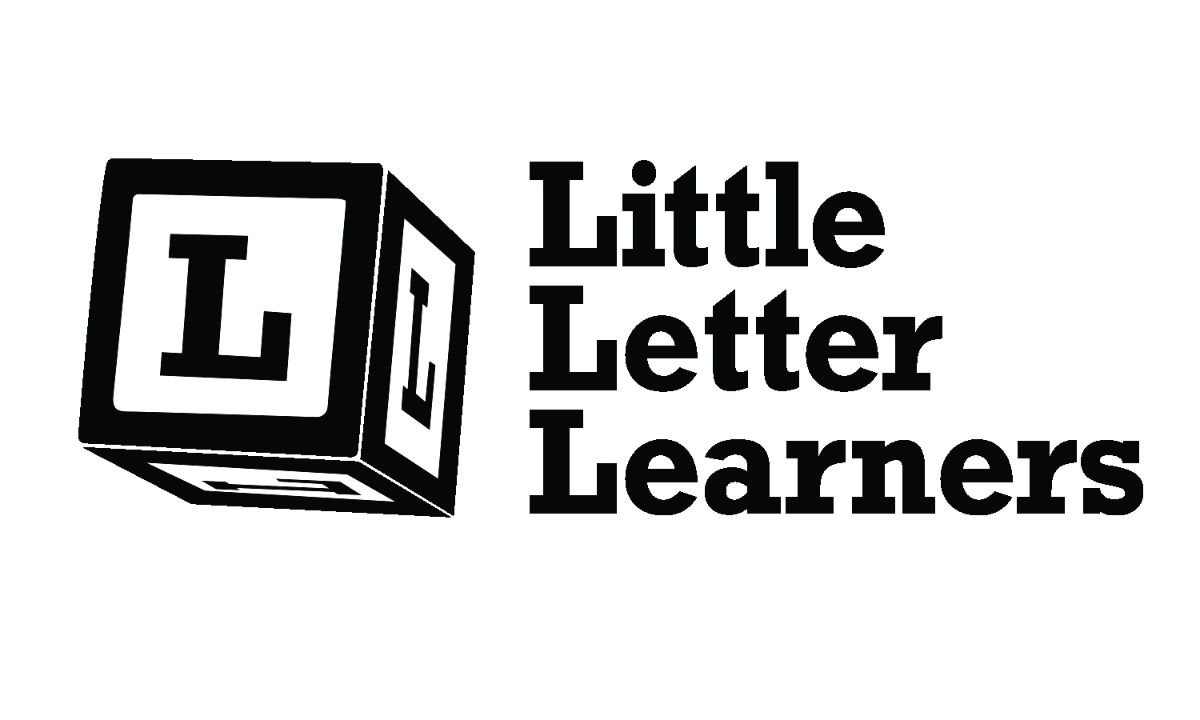

Do you see how there are three L’s on the block? And the font is consistent with the Foundations for Literacy logo to promote more cohesive branding.
Speaking of our logos, see that book under the Foundations for Literacy text? If you look closely, you’ll see the book makes a letter C (for Christina) and the bookmark makes a letter W (for Williams). I think it’s pure genius! No one sees it, and then BAM! It’s so obvious.
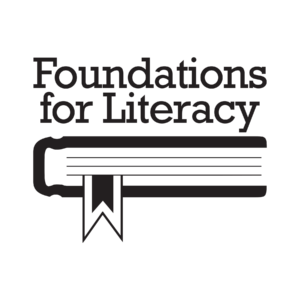
I simply mentioned that I’d love to have something clever in my logo like the arrow between the e and the x in the FedEx logo and Taylor made it happen. So cool.

Practical Grammar
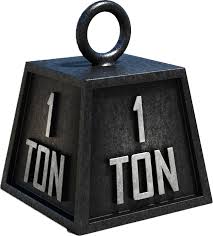
I was listening to a “word nerd” person on social media, and she said, “There were a ton of comments about . . .” Well, that got me thinking.
Why wouldn’t it be “There was a ton of comments”? A ton is singular, right?
We’d say: There was a dog, not There were a dog.
Did you realize that a ton of is an idiom. It doesn’t actually mean there are two thousand pounds worth. It means a great many, not countable. It’s used as a collective noun, and collective nouns almost always take singular verb forms.
Just for Fun
70% of the earth is water,
and virtually none of it is carbonated.
So, the earth is, in fact, flat.
If you know someone who would benefit from our newsletter or tutoring at Book Bums, please share this email with them! Thank you.
Copyright © 2024 Book Bums, All rights reserved
Our mailing address is:
7967 Cincinnati-Dayton Road Suite L
West Chester, OH 45069
